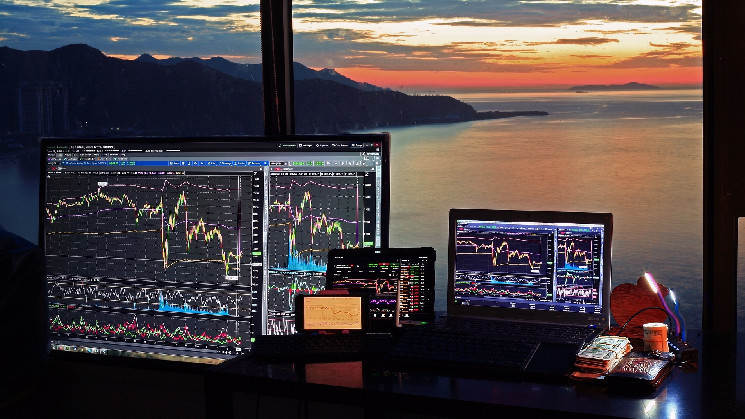DOGE/BTC lingers at the depth of a prolonged bear market, undercutting any notion of speculative frenzy.
The ratio's present price pattern resembles late 2020.
Dogecoin's (DOGE), the world's leading meme cryptocurrency by market value, has surged 24% in one week, outpacing gains in other major tokens, including industry leader bitcoin.
However, the broader downtrend in the doge-bitcoin (DOGE/BTC) ratio, which began in May 2021, persists, according to charting platform TradingView. The ratio represents DOGE's BTC-denominated valuation.
The key takeaway is that it is probably too early to worry about a 2021-like speculative bubble, and the ongoing bullish trend in bitcoin (BTC) and the wider crypto market may have plenty of steam left.
Back in early 2021, DOGE consistently outperformed BTC, resulting in a nearly 1,000% uptrend in the DOGE-BTC ratio in the first four months. The broader market crashed in May 2021, with BTC falling from $60,000 to as low as $30,000.
The perception of dogecoin as a highly speculative asset with no intrinsic value means its price surges are often taken as a warning sign of impending market instability. DOGE's latest 24% surge in USD terms comes as long-time crypto fan Elon Musk proposed a government agency named D.O.G.E., triggering speculation of a bigger role for cryptocurrency under the potential Trump administration.
The chart shows that DOGE/BTC is looking to recover from the depths of the bear market identified by the trendline connecting highs reached in May 2021 and November 2022.
This week, it has bounced over 10%, defending the horizontal support from early February lows amid a bullish shift in momentum signaled by the MACD histogram. The histogram is a moving average-based technical indicator widely tracked to gauge trend changes and strength.
A potential move past the trendline would mean the bear market has ended, opening doors for a notable DOGE outperformance ahead.
A replay of 2020-21?
The present price structure resembles 2020, when the DOGE/BTC ratio was stuck in a prolonged downtrend.
The ratio eventually topped the bear market trendline in December as the MACD flipped bullish, entering the so-called speculative frenzy mode.
 coindesk.com
coindesk.com
